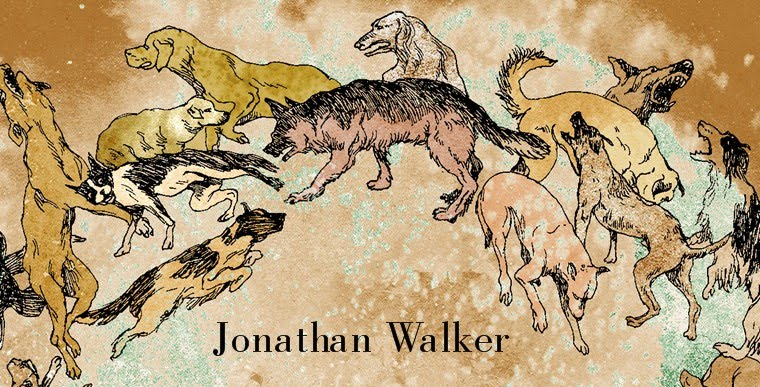I wrote an essay for Lithub, which is ostensibly about Tolkien's idea of the eucatastrophe, but is really about what happens *after* the tragic ending. What if the story keeps going?
Miracles are not subject to Aristotelian laws of cause and effect; they do not follow inexorably according to the internal logic of the story so far. Rather, they erupt into it from somewhere outside: they break it open. Grace is always arbitrary and gratuitous. It can’t be predicted or compelled—or even prepared for. It is the deus ex machina so despised by modern screenwriting gurus.
The whole concept of the deus ex machina implies a secular worldview, in which divine intervention can never be the real subject of a drama, and so its introduction is always evidence of a failure of human imagination. But what if you actually want to say something about the nature of grace? Its true manifestations never provide closure. Rather, they destabilize narrative logic. The eucatastrophe is the narrative equivalent of a conversion experience: the entire story is rewritten retrospectively.
If all this seems too pious for readers who don’t share the faith of my protagonists, then the idea of the eucatastrophe still has something to offer. Conceived more broadly, it’s really about what we do with failure. And worse than failure—the damage and hurt our actions have created, which we can’t simply wish away. It’s about what you do after the catastrophe that destroys all your assumptions about what your life was supposed to be—even if, especially if, that catastrophe was of your own making.

No comments:
Post a Comment